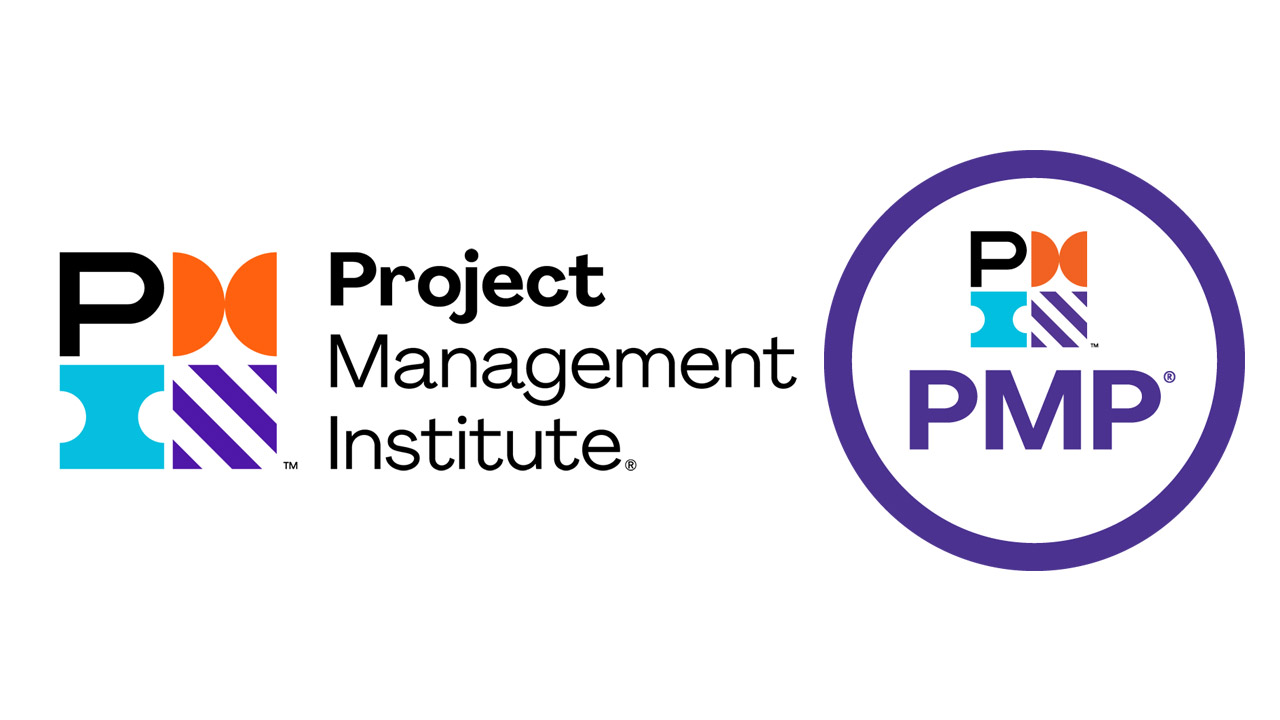Pmi is a type of insurance that lenders require for conventional mortgages with a high loan-to-value (ltv) ratio. Lenders accept some level of risk with these mortgages, and pmi helps to lower that risk. Pmi offsets that risk by providing insurance coverage in case the borrower defaults on the loan. · private mortgage insurance is an insurance policy required on conventional mortgage loans if the borrower has less than 20% equity in the home. · private mortgage insurance is a safeguard lenders require when a borrower puts less than 20% down on a conventional loan. From the lender’s perspective, a smaller down payment equals greater risk. Private mortgage insurance is a type of insurance that protects the lender, not the borrower, in the event that the borrower fails to repay the loan. It’s commonly required on conventional loans when a buyer makes a smaller down payment, typically below 20%. Private mortgage insurance (pmi) is part of the borrowing costs you typically pay to your lender for a conventional loan if your down payment is less than 20%. Private mortgage insurance, or pmi, is a type of coverage you buy if you get a conventional mortgage — one that isnt federally guaranteed — and put down less than 20% to purchase a home or have. Borrowers who purchase a home with less than a 20% down payment are typically required to pay for mortgage insurance. · private mortgage insurance, or pmi, is a policy that protects the lender against any losses if the borrower stops making payments or fails to repay their conventional loan. It’s required by lenders to protect themselves against potential losses that may come from a borrower defaulting on their loan. This means it is usually required if your down.
